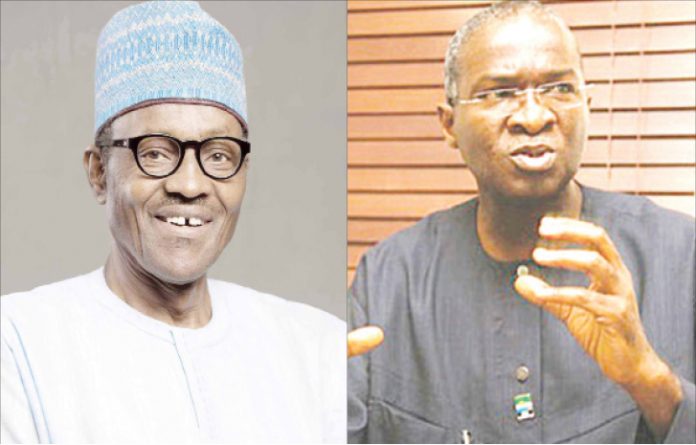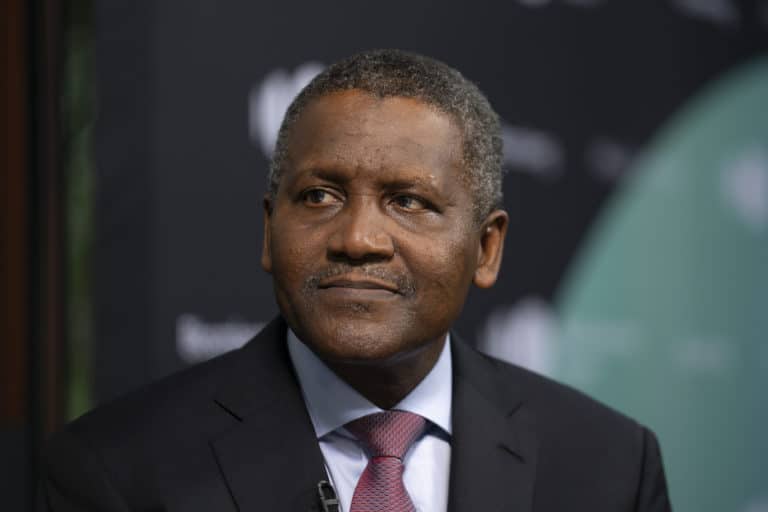The Founder and Chief Executive Officer of Clean Technology Hub Inc. Ms Ify Malo, has given an insight on why poverty level in Nigeria may continue to deepen.
In an interview recently in Lagos, she argued that “Without a doubt, yes, the lack of electricity in Nigeria has contributed to the level of poverty”.
“It has reduced economic activities and made the cost of business prohibitively expensive, making it harder for people to increase their incomes. In our work, we have seen people who gain recent access to electricity increase their incomes significantly through higher economic productivity or through saving money they would have otherwise spent on expensive fossil-fuels. “This cuts across access to electricity from pico-solar/solar lighting solutions, solar home systems or mini-grids – the results are consistent.
On the current number of un-electrified Nigerians and which region is mostly hit, Malo said “According to the World Bank, there are 74 million Nigerians without access to electricity. Some estimates put the number of un-electrified people as high as 93 million.
“This is excluding the millions of Nigerians who are connected to the grid but do not receive power supply. Based on our research, the population of un-electrified Nigerians is disproportionately located in the Northern parts of the country.
Giving further explanation on the feasibility of 60 per cent rural electrification target by 2020, Clean Technology Hub Inc chief assured that “The target is feasible, but a lot will need to be done from both the government and the private sector. For starters, the government will need to design and implement policies that will lower the cost of DRE solutions, such as removing tariffs and duties on imported solar components and products. It will also need to operationalize the Rural Electrification Fund which is meant to subsidise rural electrification projects such as mini-grids.
She argued that “Not only the Federal Government, the state governments need to also be more proactive on using DRE to increase the rural electrification rates in their domains by partnering with mini-grid developers to invest in projects.
“These partnerships can be through domiciling the relevant laws and policies that will drive investments into their states, providing part-funding for mini-grid projects and simplifying the ease of doing business for developers such as through providing land for projects. This was the crux of our scaling Off Grid Energy project through which we have been able to speak to policymakers from 18 state governments on the need to mainstream DRE solutions into their state electrification plans.
Malo stressed that is need for the finance sector to recognize the immense potentials in the mini-grids sector and offer the right funding that will catalyze the sector and unlock it.









